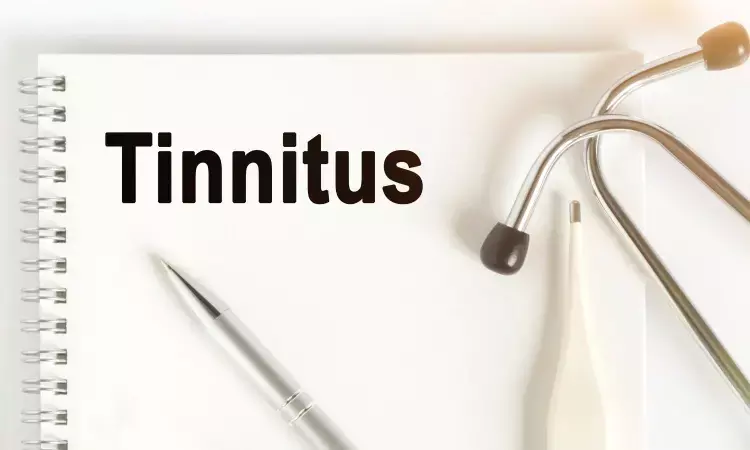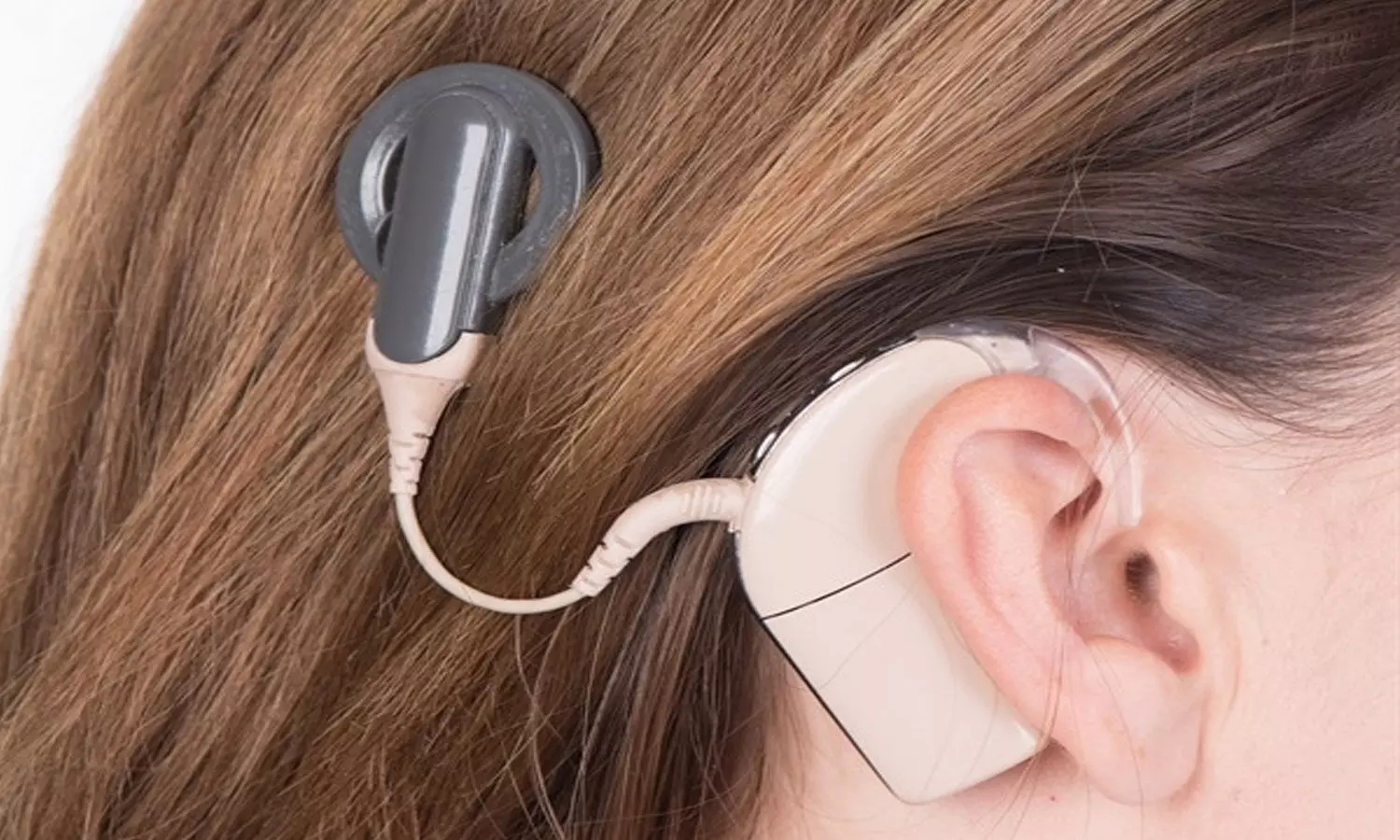- Home
- Medical news & Guidelines
- Anesthesiology
- Cardiology and CTVS
- Critical Care
- Dentistry
- Dermatology
- Diabetes and Endocrinology
- ENT
- Gastroenterology
- Medicine
- Nephrology
- Neurology
- Obstretics-Gynaecology
- Oncology
- Ophthalmology
- Orthopaedics
- Pediatrics-Neonatology
- Psychiatry
- Pulmonology
- Radiology
- Surgery
- Urology
- Laboratory Medicine
- Diet
- Nursing
- Paramedical
- Physiotherapy
- Health news
- Fact Check
- Bone Health Fact Check
- Brain Health Fact Check
- Cancer Related Fact Check
- Child Care Fact Check
- Dental and oral health fact check
- Diabetes and metabolic health fact check
- Diet and Nutrition Fact Check
- Eye and ENT Care Fact Check
- Fitness fact check
- Gut health fact check
- Heart health fact check
- Kidney health fact check
- Medical education fact check
- Men's health fact check
- Respiratory fact check
- Skin and hair care fact check
- Vaccine and Immunization fact check
- Women's health fact check
- AYUSH
- State News
- Andaman and Nicobar Islands
- Andhra Pradesh
- Arunachal Pradesh
- Assam
- Bihar
- Chandigarh
- Chattisgarh
- Dadra and Nagar Haveli
- Daman and Diu
- Delhi
- Goa
- Gujarat
- Haryana
- Himachal Pradesh
- Jammu & Kashmir
- Jharkhand
- Karnataka
- Kerala
- Ladakh
- Lakshadweep
- Madhya Pradesh
- Maharashtra
- Manipur
- Meghalaya
- Mizoram
- Nagaland
- Odisha
- Puducherry
- Punjab
- Rajasthan
- Sikkim
- Tamil Nadu
- Telangana
- Tripura
- Uttar Pradesh
- Uttrakhand
- West Bengal
- Medical Education
- Industry
Tinnitus and Cochlear Neural Degeneration: Unveiling Association in Adults with Normal Audiograms

A new groundbreaking study revealed the connection between peripheral neural deficits' biomarkers and tinnitus, suggesting Cochlear Neural Degeneration (CND) as a potential trigger for central hyperactivity. The study results were published in the journal Scientific Reports.
Sensorineural hearing loss in adults is commonly linked to complaints such as tinnitus, decreased tolerance to sound levels, and challenges in hearing amid noisy environments. Approximately 10–15% of adults globally experience tinnitus, with 2–4% facing severe impacts. Sleep deprivation, social isolation, anxiety, and depression, adversely affect work performance, resulting in a severe decline in the quality of life. Current therapies focus on distress relief, lacking a cure until the biological origins of tinnitus are understood. Hence researchers conducted a large cohort study of normal-hearing participants with minimal loss at extended high frequencies (≤ 20 dB HL) and extracted, under computer control, peripheral and central markers from both auditory evoked potentials and auditory efferent reflexes.
This study enrolled English-speaking participants aged 18–72. Inclusion criteria ensured good health, normal ear function, and proficiency in English. Participants were categorized based on self-reported tinnitus experiences, including those without tinnitus, those with temporary episodes, and those with continuous perception. Audiometric evaluations assessed hearing thresholds at standard and extended high frequencies. Auditory assessments involved auditory brainstem responses/electrocochleography and middle-ear muscle reflex measurements. In-depth characterization included threshold analysis, electrocochleography waveform processing, and middle-ear muscle reflex strength computation. This approach aimed to comprehensively investigate the association between cochlear neural deficits and tinnitus.
Results:
Self-report of chronic tinnitus was significantly associated with
(1) reduced cochlear nerve responses,
(2) weaker middle-ear muscle reflexes,
(3) stronger medial olivocochlear efferent reflexes, and
(4) hyperactivity in the central auditory pathways.
Thus, the present study revealed the connection between peripheral neural deficits' biomarkers and tinnitus, suggesting Cochlear Neural Degeneration (CND) as a potential trigger for central hyperactivity. Future psychophysical measures may help interpret the underlying pathology and clarify CND's role in central hyperactivity development. In a noise-damaged mouse model, neurotrophin overexpression or supplementation can promote the regeneration of connections, offering insights into potential therapeutic strategies in humans. Developing diagnostic assays for CND is crucial to identify candidates for future treatments and assess efficacy in rebuilding the damaged inner ear and potentially reversing the tinnitus percept.
Further reading: Vasilkov, V., Caswell-Midwinter, B., Zhao, Y. et al. Evidence of cochlear neural degeneration in normal-hearing subjects with tinnitus. Sci Rep 13, 19870 (2023). https://doi.org/10.1038/s41598-023-46741-5
BDS, MDS
Dr.Niharika Harsha B (BDS,MDS) completed her BDS from Govt Dental College, Hyderabad and MDS from Dr.NTR University of health sciences(Now Kaloji Rao University). She has 4 years of private dental practice and worked for 2 years as Consultant Oral Radiologist at a Dental Imaging Centre in Hyderabad. She worked as Research Assistant and scientific writer in the development of Oral Anti cancer screening device with her seniors. She has a deep intriguing wish in writing highly engaging, captivating and informative medical content for a wider audience. She can be contacted at editorial@medicaldialogues.in.
Dr Kamal Kant Kohli-MBBS, DTCD- a chest specialist with more than 30 years of practice and a flair for writing clinical articles, Dr Kamal Kant Kohli joined Medical Dialogues as a Chief Editor of Medical News. Besides writing articles, as an editor, he proofreads and verifies all the medical content published on Medical Dialogues including those coming from journals, studies,medical conferences,guidelines etc. Email: drkohli@medicaldialogues.in. Contact no. 011-43720751



